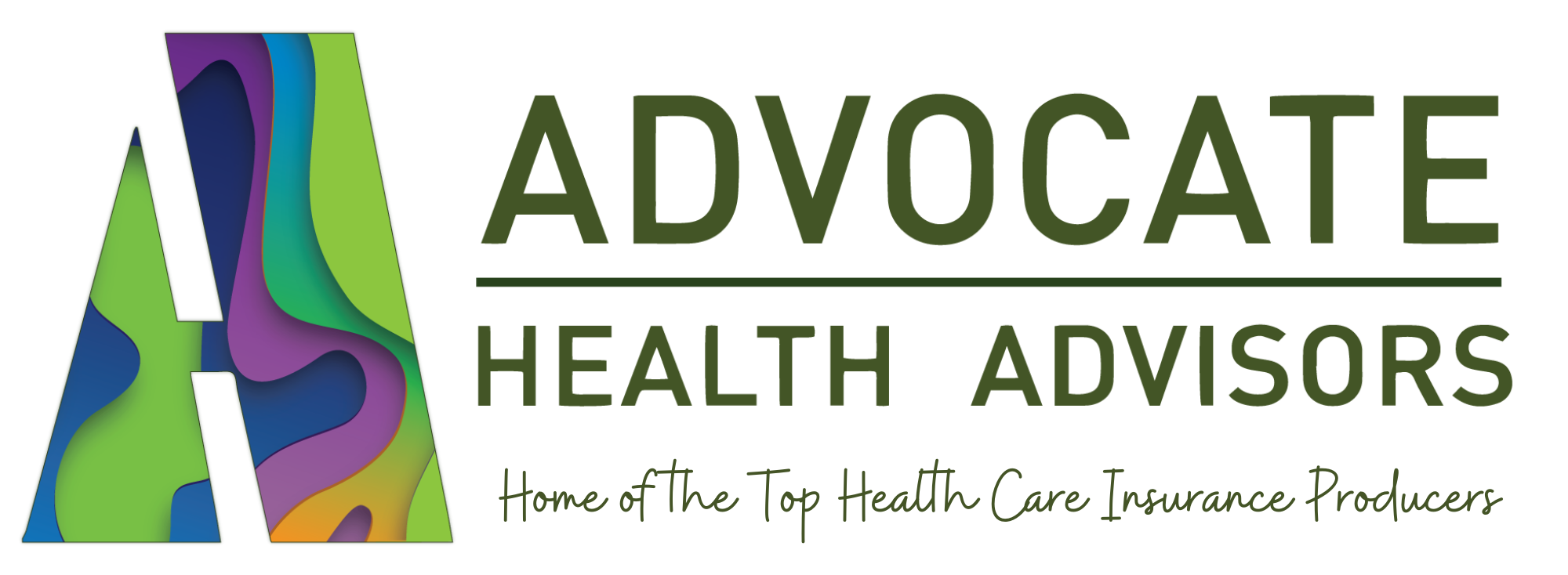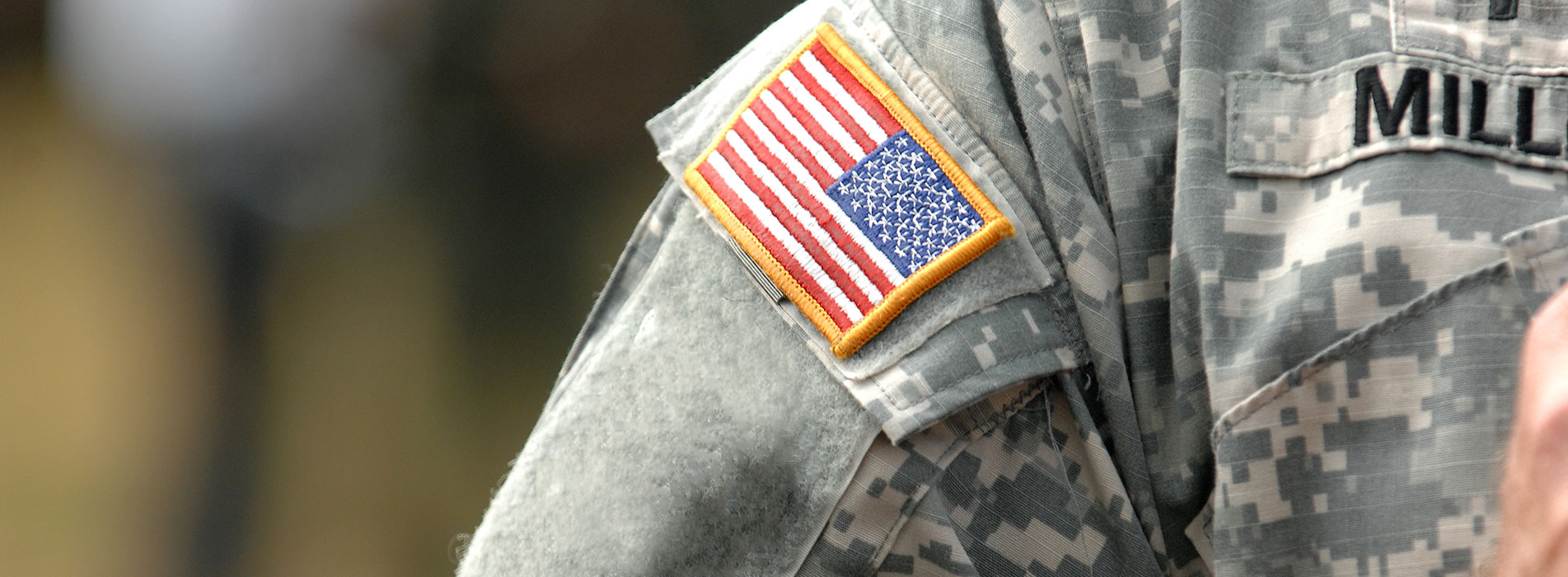The week of February 21st, 2022, Cullen Wright and Christina Lonigro sat down with the Tango Alpha Lima Podcast to discuss the specific issues facing senior Veterans and how they can get the most from their government healthcare coverage. To watch the full episode, check out the Tango Alpha Lima Podcast website or visit their YouTube channel.
Below are some questions and answers from the episode that may help you better understand Medicare coverage and VA benefits. If you would like to get help with your own situation in a no-pressure environment with a licensed insurance agent, contact us and we’ll connect you with a Veteran expert at Advocate Health Advisors.
How did Advocate Health Advisors get started?
Our CEO and Founder Darwin Hale was an Army Colonel. He and Cullen served together in a variety of assignments for 30 some years and about 17 years ago he was a healthcare director at ATT. He was preparing for deployment to Afghanistan and a friend of his was turning 65. He helped her enroll in Medicare, but while he was deployed to Afghanistan, someone went behind him and changed her policy and it was absolutely not a good fit—and that bothered him. You know, he tried to follow up with the agent and the agent’s FMO; no luck there. No luck with the Department of Insurance, so it really frustrated him. It frustrated him to the point that he left his job as a healthcare director at ATT and started Advocate Health Advisors with 2-3 employees with the goal of helping individuals get the help they deserved when making a Medicare decision. We’re about 125 strong now and we have thousands of agents that are partnered with us across the U.S.
What is the difference between Medicare and Medicaid?
Trust us, when you look at the two systems, it’s easy to get confused. Medicare eligibility is based on a few factors. The first way you can qualify is if you’ve been disabled for 24 months, so they can be younger than 65. Second, they could be over 65 years of age. Lastly, they could have left an employer plan.
There are two parts to Medicare: Part A and Part B. Part A is your inpatient/hospital coverage and Part B is the system designed to pay for physician appointments or anything considered outpatient. That’s paid for directly out of your Social Security check with contributions from the government.
Medicaid is set up for individuals that are low income. And we know there are a population of Veterans that can get Medicaid (and VA healthcare too) based on the fact they’re low income. It supports them with their healthcare and, in most cases, they pay nothing for any of their medical treatments. In addition, they get some extra benefits depending on the state they live in. And some people have both; some have Medicare and Medicaid.
So you can have someone who is elderly or is on Medicare and they could be low income, so they’re eligible for both Medicaid and Medicare. This combination allows them to have a special plan designed called a dual eligible or D-SNP plan. Often the carriers try to provide benefits beyond what anyone else on Medicare can get through this type of plan, including:
- Dental
- Vision
- Foot Care
- Transportation
In some states they can get up to $6,000 for dental care each year if they have both Medicare and Medicaid.
If someone is eligible for Medicaid, we teach them the process and how they can apply. If they qualify for VA healthcare and Medicare benefits, we help them through that process as well.
Can you cover the three questions on your Advocate for Veterans website and how do those relate to your coverage options?
Sure, let’s look at those questions.
Question 1: Do you use the VA?
We absolutely make sure that all military benefits are in effect because we don’t know where the gaps are. Military healthcare is great. TRICARE is great—VA, CHAMPVA—they’re all wonderful programs, but no program out there includes the knowledge we provide.
Question 2: Do you currently have Medicare?
Then we try to find out if you qualify for Medicare. Because if you are, we might have the missing puzzle piece for you.
Question 3: Do you know how to use VA benefits and Medicare together?
99.9% of the time the answer should be no because there’s 7 buckets just within TRICARE, then everyone at age 65 migrates to TRICARE for Life. It’s hard to know what’s covered, where it’s covered and how to find those details quickly and easily.
After you fill out the form, a message is sent to Christina and Cullen to establish next steps. We’ll talk about you, your needs, and how we can help. We’ve found that 6 out of 10 Veterans don’t use the VA. While some may not be eligible or qualify, we often get the excuse that they don’t use their VA benefits because they think someone needs it more than them. What they don’t know is that the number of enrollments at their local hospital plays into the amount of funding they can ask from Congress. So, by using your benefits and enrolling at a local hospital, you’re effectively establishing funding for even more Veterans in your area. Then, if you don’t want to use your VA benefits for any reason, you’ve paved the way for someone else to get the help they need.
Do you work a lot with Veteran Service Officers at the American Legion?
Yes, we do. All of our service organizations that we work with—American Legion in particular—have phenomenal service officers. We often find them at the county level and sometimes there will be a Veteran Service Officer at various facilities.
Our goal is to link up with those folks that can provide the best information and send Veterans that come our way to them. We know misinformation is a big deal these days and we don’t want to contribute to it; in many cases, this means sending them to subject matter experts that can help, including Veteran Service Officers.
What can people do about the dental gaps in Veteran care?
Dental health is so closely related to the rest of your health. It’s one of the very first things we mention. The vast majority of the time the plans are $0 premium and sometimes you get part of your costs back in your Social Security check. We’ve worked with the carriers to say dental is important to these Veterans and there are a few very important aspects that have to be baked into these plans, such as:
- Coverage must be able to be used anywhere,
- Transportation to and from the dentist appointments,
- And dentures.
How can the healthcare programs in the United States better market or educate Veterans?
We always say that we don’t have a cost problem or a product problem; we simply have a getting the word out problem. We’re currently the only FMO that focuses on providing agent training and education regarding the Veteran segment. It’s our mission is to speak with Veteran Service Officers and others that are tasked with looking out for Veterans to raise awareness one person at a time.
What’s the best way to contact you and your team?
We have a location in Venice, Florida and seven regional managers across the country that are ready to find a licensed insurance agent that can help. Visit our website dedicated to Veterans at AdvocateforVeterans.com to get started.





